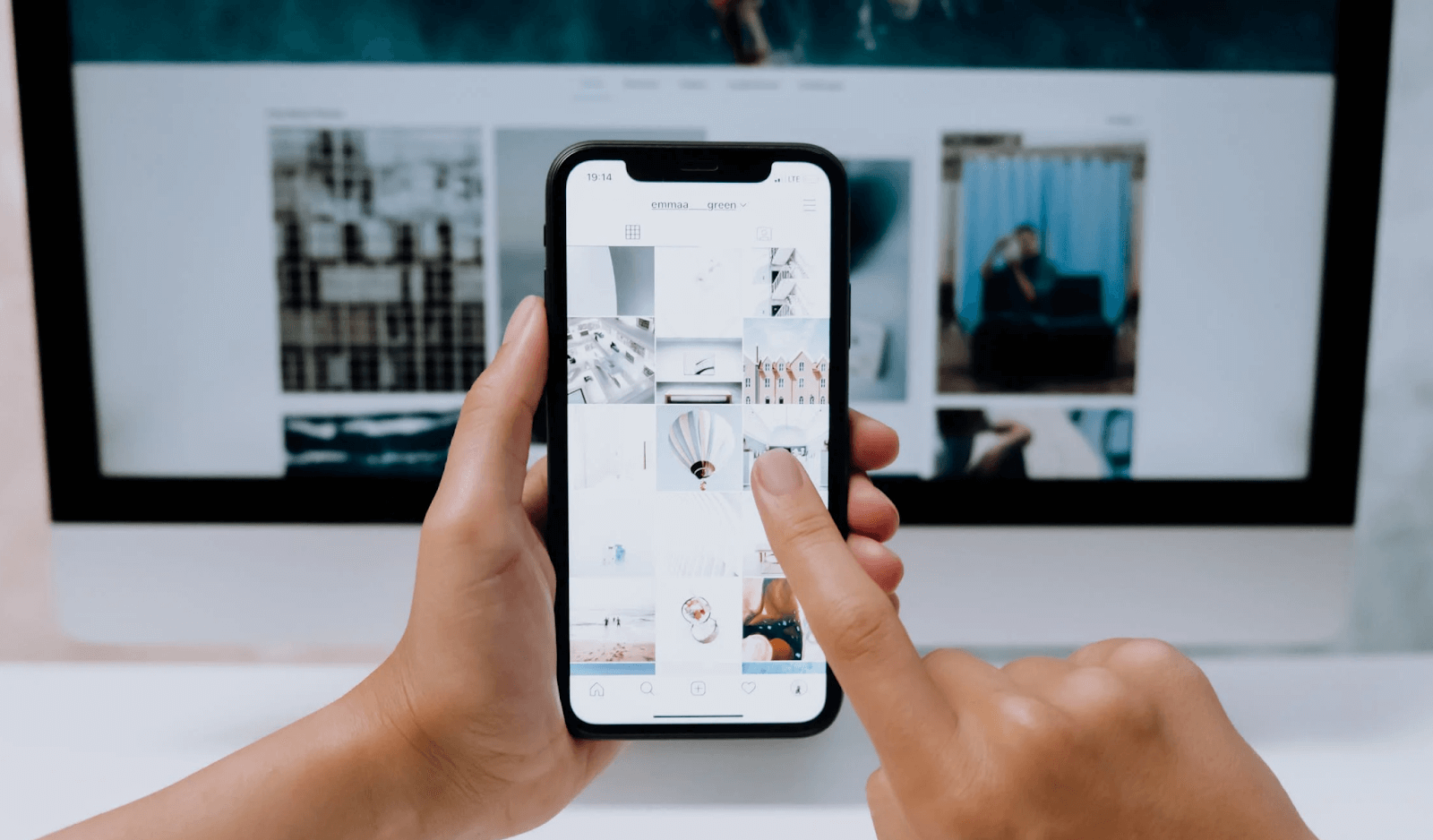
Of all emerging technological wonders, the Internet of Things (IoT) is the most exciting technology of the future. It has been a buzzword in business and, more recently, in consumer electronics. However, IoT devices, apps, and retail are not limited to shopping and supply chain management.
Finding ways to integrate IoT devices into day-to-day operations requires creativity and vision. Understanding the origins and applications of IoT can put companies in a better position to make the most of the technology. The retail Iot platform can help companies find innovative solutions that attract their customers, suppliers, partners, and other retail stakeholders.
Let us help you understand how the hotel industry can benefit from the Internet of Things (IoT) and how it can be changed by augmented reality. Learning more about how augmented reality can benefit your business and the hospitality industry.
IoT-based solutions demonstrate how your company can benefit from these new technologies. Knowledge of IoT examples and use cases can help companies integrate IoT technologies into their future investment decisions and help them do so. In a research carried out by the University of Michigan, selling data over the Internet is a productive way to prove your product’s viability.
Organizations that can benefit from the unique capabilities of IoT devices and their connected ecosystem will soon see their profits increase. IoT business model enables you to combine it with previous ones to increase your profits and experience solutions that can improve your growth paths with an increased customer base. IoT will allow you to gain personal retail experience and even help increase your online commercial presence on the web.
IoT brings the world closer to you and makes you prosperous in every way. IoT trends show business benefits that encourage other decision-makers to mark budgets for IoT adoption. Microsoft continues to invest in its IoT infrastructure and advertises the potential of IoT to its customers.
By 2022, we will see AI, machine learning, and IoT shaping our lives and behavior – a phenomenon that will continue for several years to come. IoT capabilities will shift from enlargement and automation to depicting how people experience a connected world.
As per an estimation, there will be 30 billion IoT devices by 2020, and 25% are exploring potential IoT benefits such as applications, with the majority of US cities already implementing solutions. Devices that operate with the help of the Internet, such as smartphones, tablets, smart thermostats, and smart meters, will continue to increase in the years to come. Edge computing is also growing due to the increasing use of smart contracts, cloud computing, and blockchain technology. Blockchain will also be used, with an estimated 20% of all devices by 2019 integrating some form of blockchain service into device data collection.
The endpoints for utilities are up by 200 million from last year, and the industry will see 130 million more IoT endpoints in 2021 than in 2019. Companies like Alteryx will benefit from this increase in edge computing, which will benefit from a massive influx of data in the years to come.
IoT applications are becoming more and more widespread, which will further increase the adoption of such technologies for the interactive design of the home. IoT benefits are being extended to innovative home technologies and will continue to expand in the future by introducing smart thermostats, smart lighting, and smart devices.
IoT benefits are not limited to everyday household items. Still, companies can also use sophisticated industrial objects and systems that can even be connected to an IoT network to manage industrial IoT devices. The IoT technological trend in the hospitality industry extends the Internet connection to everyday items such as appliances and devices. Enterprises need to start with the right IoT data architecture and understand how they are managed at different locations.
The industry is particularly vulnerable to attacks because IoT devices can pose a security risk to companies that do not take steps to secure their networks. IoT malware has evolved in recent years, so no one will likely use sophisticated attacks against small businesses. Companies that use unsecured IoT devices in their production processes could one day be held hostage by hackers while they are operating. Although the size of the IoT market is growing exponentially, many small and medium-sized enterprises in the hospitality industry are struggling.















